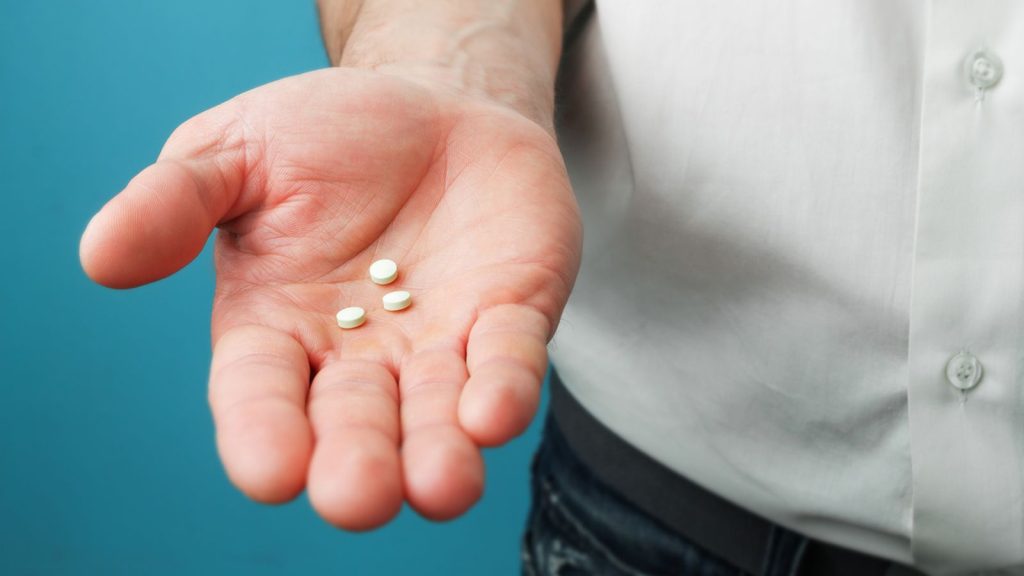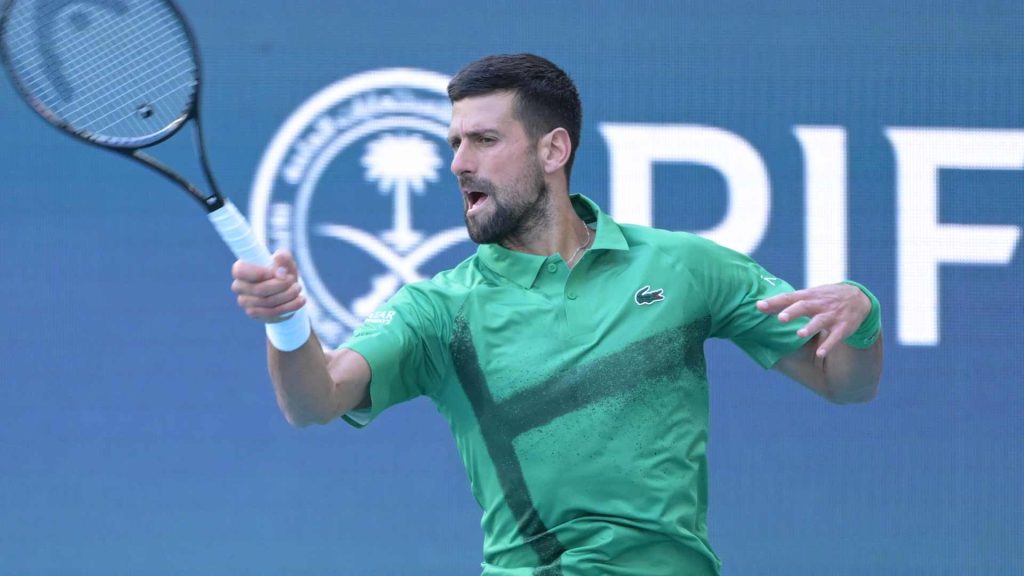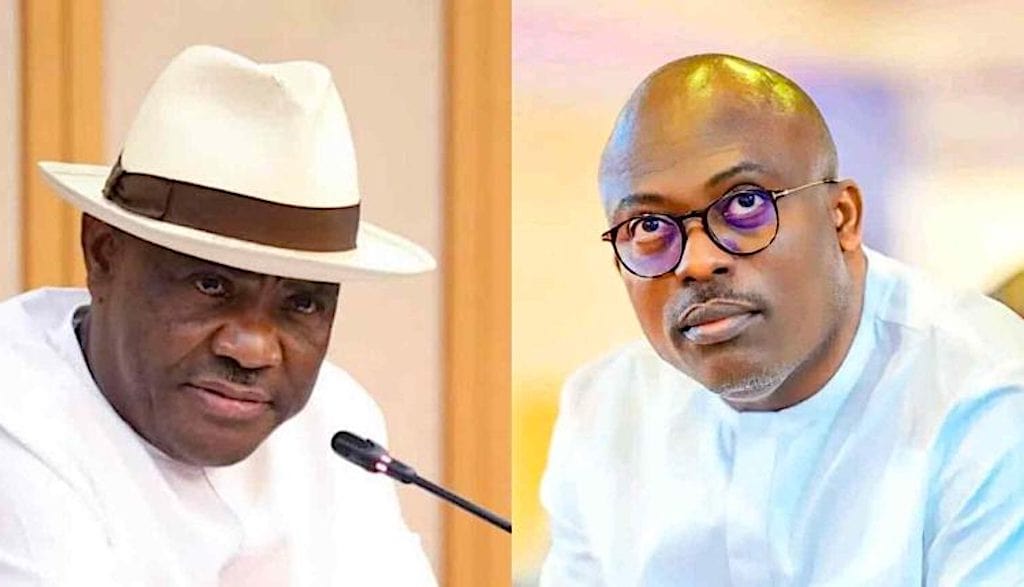On Tuesday, the Federal High Court in Lagos granted bail to alleged drug baron Sulaimon Jimoh Olowoidiogede, who is accused of importing 704 kilograms of cannabis sativa, popularly known as “Ghana Loud,” from Ghana into Nigeria. Justice Dehinde Dipeolu presided over the case, setting the bail amount at ₦100 million with stringent conditions to ensure compliance.
Bail Conditions
Justice Dipeolu outlined the terms of the bail, which include:
- Sureties: The defendant must provide three sureties, each responsible for ₦100 million. Two of the sureties must be serving directors in either the Federal Government or Lagos State Government. The third surety must be a blood relative who owns landed property within the court’s jurisdiction.
- Affidavit of Means: The blood relative must swear an affidavit of means and submit six passport photographs to the court.
- Travel Documents: The defendant must surrender all travel documents to the court.
- Verification of Documents: The prosecution and court registrar are required to verify all submitted documents.
- Recommendation Letter: The defence counsel must provide a written letter of recommendation for the sureties.
Health Considerations Lead to Bail Approval
Initially, Justice Dipeolu rejected Olowoidiogede’s bail application, citing the severity of the charges and the potential flight risk. However, the defence team filed a fresh application supported by medical reports indicating that the defendant suffers from a severe cardiac condition requiring specialist care unavailable in Nigeria’s correctional facilities. Based on these health considerations, the court admitted him to bail.
Allegations Against Olowoidiogede
Olowoidiogede is being prosecuted by the National Drug Law Enforcement Agency (NDLEA) on multiple charges related to drug trafficking and money laundering. According to the prosecution, the defendant:
- Drug Trafficking: Between 2020 and 2024, he allegedly conspired with others, who remain at large, to establish and manage a drug trafficking organisation.
- Importation and Distribution: The organisation reportedly imported, processed, and distributed cannabis sativa, classified as a controlled substance similar to cocaine, heroin, and LSD.
- Money Laundering: Olowoidiogede is accused of laundering proceeds from the drug trade, concealing the true source of the funds, and converting them into legitimate enterprises.
- Recruitment for Trafficking: The prosecution alleged that he procured individuals, including one Wasiu Olayinka Saliu (now at large), to transport and distribute cannabis.
The NDLEA further detailed that Olowoidiogede’s activities included the trafficking of 704 kilograms of “Ghana Loud” from Ghana into Nigeria.
Court Proceedings and Next Steps
The trial has been adjourned to January 15, 17, and 20, 2025, for further hearing. Justice Dipeolu emphasized the importance of strict adherence to the bail conditions, warning that any breach could result in the revocation of bail.
Implications of the Case
This high-profile case underscores Nigeria’s ongoing battle against drug trafficking and illicit financial activities. The NDLEA’s allegations highlight the scale and sophistication of the operations allegedly led by Olowoidiogede, involving cross-border smuggling and money laundering schemes.
The case also raises questions about the adequacy of medical care within Nigeria’s correctional facilities, as health considerations played a significant role in granting bail. It further underscores the judiciary’s balancing act between upholding justice and addressing humanitarian concerns.
Public and Legal Reactions
The case has garnered significant public attention, with many calling for a thorough investigation and stringent penalties if Olowoidiogede is found guilty. Legal analysts have praised the court’s meticulous approach in setting bail conditions, ensuring that they are robust enough to prevent abuse while addressing the defendant’s medical needs.
As the trial resumes in January, all eyes will remain on the proceedings, which have far-reaching implications for Nigeria’s justice system and its fight against drug-related crimes.













